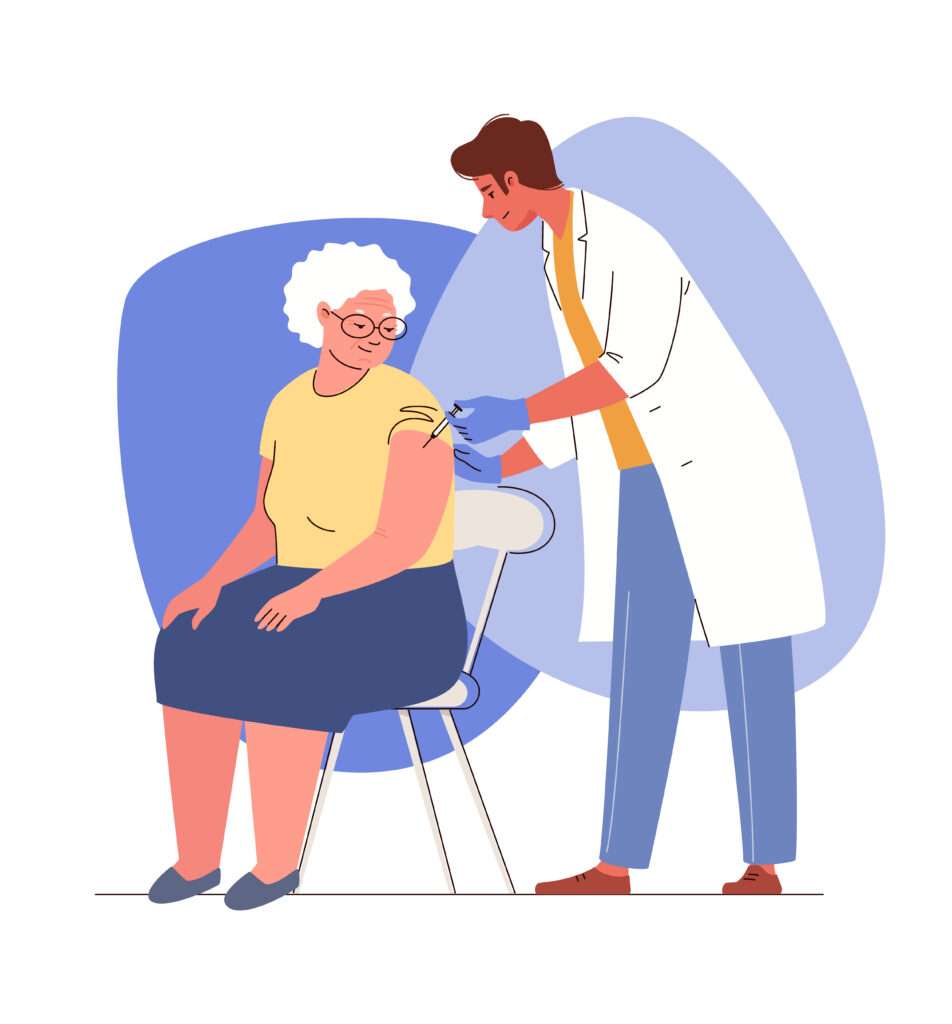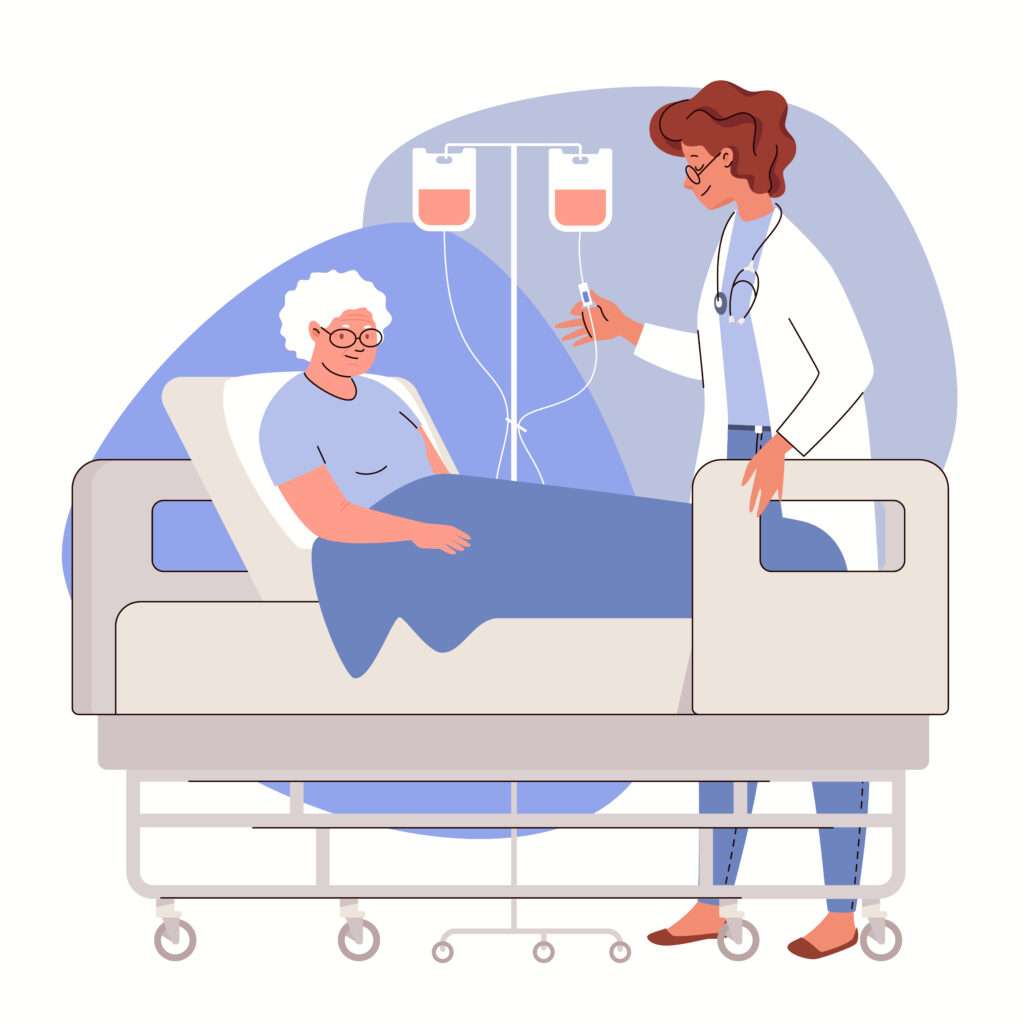As the average lifespan increases, healthcare faces new challenges in caring for geriatric patients, especially during surgeries. Anesthesia for geriatric patients requires careful management due to changes in their bodies and health.
Understanding How Aging Affects Anesthesia
As people age, their bodies undergo changes that affect how they respond to anesthesia. Older adults often have more complications relating to their heart, lungs, kidneys, and muscles. These changes can affect how anesthesia works and how well the body can handle it.

Risks and Challenges
Research shows that older adults may face specific risks during anesthesia such as:
- Heart and Blood Pressure: Older adults may have more difficulties with their heart and blood pressure during anesthesia. It is the doctor’s responsibility to check the patient’s heart health before surgery to minimize these risks.
- Memory and Thinking: Some older adults might experience problems with memory or thinking after surgery and anesthesia. It is the doctor’s responsibility to choose medicines and techniques that lower these risks.
- Recovery Time: Older adults often take longer to recover after surgery. Close monitoring after surgery helps manage pain and ensure a smooth recovery.
Anesthesia for Elderly Cancer Patients
For elderly patients with cancer, anesthesia planning is even more critical. Doctors must consider the patient’s cancer type, treatment history, and overall health. This helps them choose the safest anesthesia plan that supports both the surgery and the cancer treatment.
Involvement of Caregivers
Caregivers play a vital role in preparing and taking care of older adults for surgery and anesthesia. They should be prepared to provide doctors with detailed medical histories and help follow pre-surgery instructions. Caregivers also advocate for personalized care plans that prioritize the patient’s safety and comfort.

Conclusion: Striving for the Best Results
Anesthesia for older adults requires careful planning and teamwork among healthcare providers. Understanding how aging affects the body and the specific risks of anesthesia helps ensure safer surgeries and better outcomes for older patients.
As medical knowledge grows, ongoing research will continue to improve anesthesia practices for older adults. This ensures that each surgical experience is tailored to meet the unique needs of geriatric patients to improve their quality of care.
